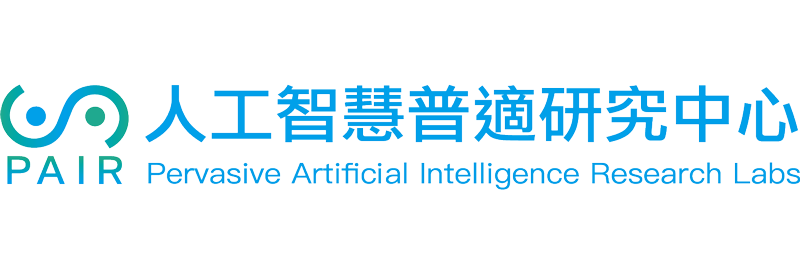Pervasive Artificial Intelligence Research (PAIR) Labs
A home-based bio-neuro-feedback intervention programs integrated system using artificial intelligence affective computing and multimodal physiological signals monitoring for patients with high-risk of cardiovascular disorders
Principal Investigator:Professor I-Mei Lin
—
Summary
The aim of this project is to develop an artificial intelligence (AI) platform with home-based psychological intervention programs for patients with high-risk of cardiovascular disorder. This AI platform includes the affective computing and multimodal physiological signals detection system using TSMC 28nm chip. The first subproject aims to induce anger, natural, happiness, depression and anxiety by scripts to measure physiological responses including electrocardiography (ECG), photoplethysmography (PPG), and electroencephalography (EEG). The second and third project aims to develop an integrated system of artificial intelligence affective computing and multimodal physiological signal detections. The physiological signal parameters of patients will be analyzed under different emotional states through affective computing algorithm, further providing bio-neuro-feedback treatment modules as well as evaluating the efficacy of the treatment. There are three core technologies in this project: (1) The AI affective computing and multimodal physiological signals will be administered. (2) The AI-based platform of affective computing and multimodal physiological signals detection will be developed. (3) The AI and home-based bio-neuro-feedbacks will be applied to patients with high-risk of cardiovascular disorder. This project anticipates that high-risk patients will demonstrate better autonomic nervous system activity and more relax brain waves than controls after AI home-based bio-neuro-feedback intervention.
Keywords
Artificial intelligence, affective computing, multimodal physiological signals, home-based training, bio-neuro-feedback, cardiovascular disorder, electrocardiography, photoplethysmography, electroencephalography
Innovations
- With numerous studies published by the KMU Lab, bio-neuro-feedbacks were confirmed as an evidence-based clinical intervention. The risks of morbidity and adverse prognosis of cardiovascular diseases are expected to decrease. The hospital treatment will be transfer to home training by wearable devices with AI-platform in the future.
- The CCU Lab applied AI-based affective computing to monitor ECG, PPG and EEG signals and achieved high (> 90%) accuracy in identifying different emotional states.
- AI-edge devices and chip designs have been successfully developed by NCTU Lab with optimized performances for wearable systems. This project can significantly impact and improve the quality and portability of medical grade home-based devices and treatments.

